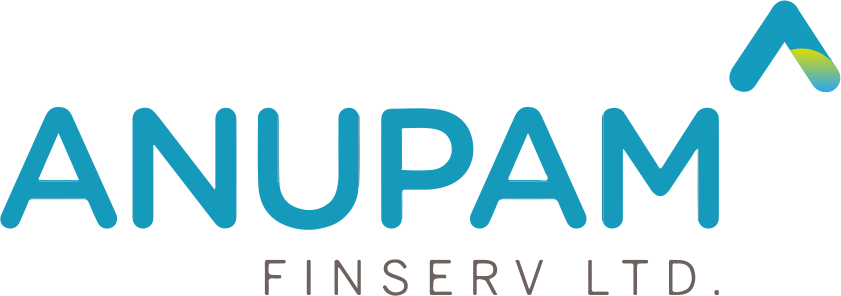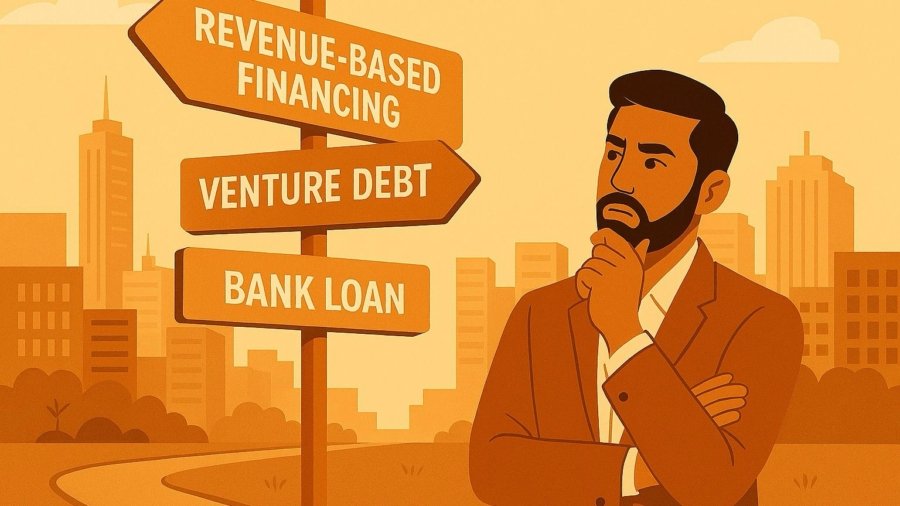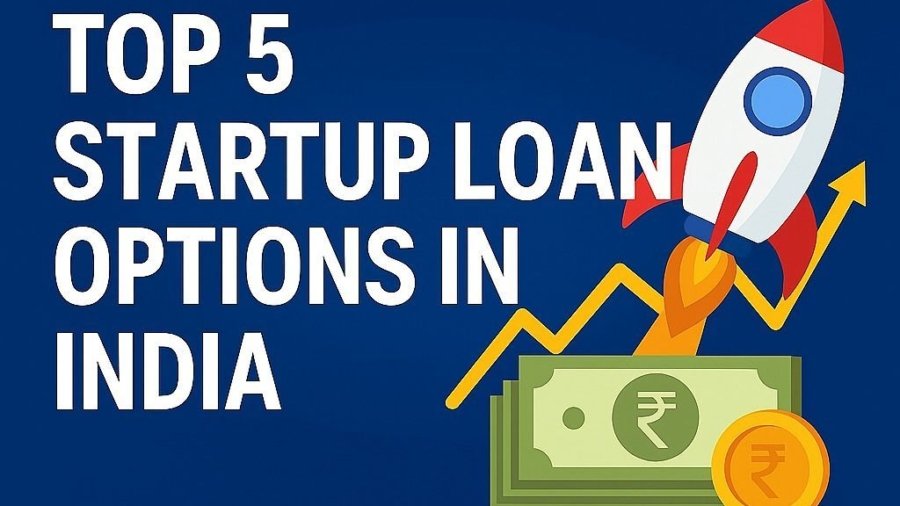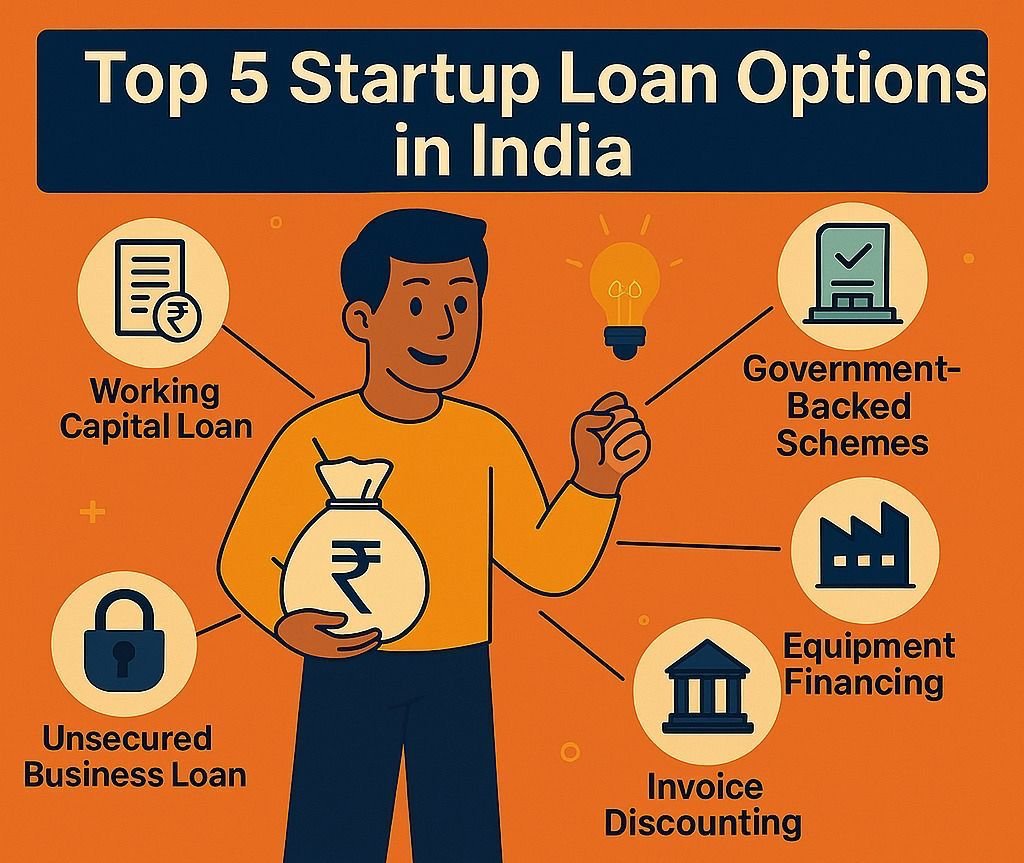🧾 Revenue-Based Financing vs Venture Debt vs Bank Loan: What Should Your Startup Choose?
Raising capital is one of the most critical decisions for any startup. But choosing the right funding instrument can feel overwhelming—especially when options like Revenue-Based Financing (RBF), Venture Debt, and traditional Bank Loans each offer different benefits and trade-offs.
In this article, we’ll break down the three models to help you make the best choice for your business stage, revenue model, and goals.
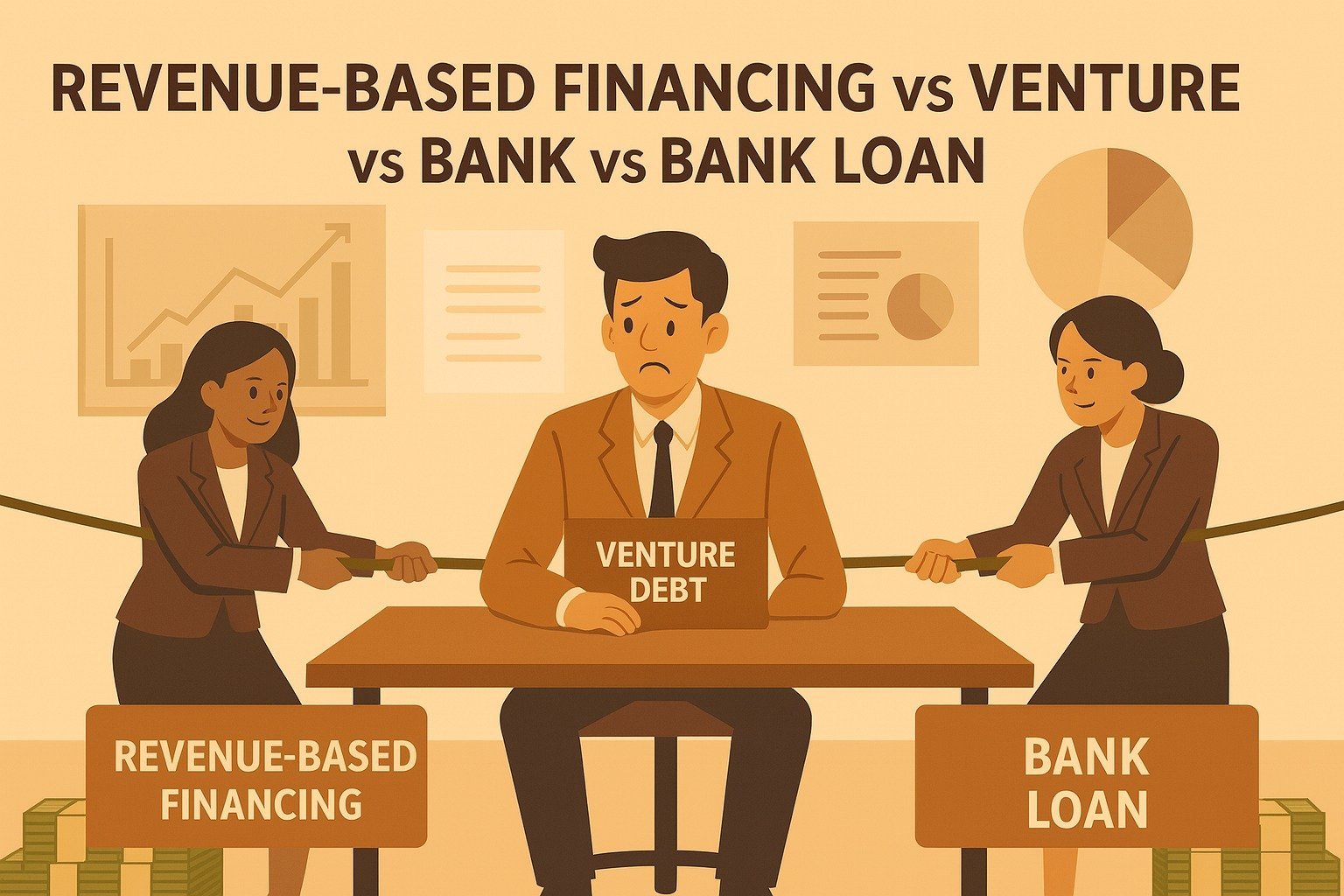
💡 What Are the 3 Funding Models?
Let’s define each type briefly:
- Revenue-Based Financing (RBF)
You receive a lump sum in exchange for a fixed percentage of future monthly revenue, until a pre-agreed return cap is repaid. No collateral or equity dilution involved. - Venture Debt
A debt instrument given alongside or after venture capital. Involves fixed EMIs, warrants (equity-like instruments), and typically a 12–36 month term. - Bank Loan
Traditional debt from banks or NBFCs, requiring strong credit scores, collateral, and detailed documentation. Repayment is via fixed EMIs.
📊 Quick Comparison Table
Feature | Revenue-Based Financing | Venture Debt | Bank Loan |
Equity Dilution | ❌ None | ⚠️ Often includes warrants | ❌ None |
Collateral Required | ❌ No | ✅ Usually not | ✅ Yes (property/assets) |
Repayment Method | % of monthly revenue | Fixed EMI | Fixed EMI |
Flexibility | ✅ High | ❌ Medium | ❌ Low |
Speed of Approval | 🟢 Fast (2–5 days) | ⚠️ Moderate (2–4 weeks) | 🔴 Slow (2–6 weeks) |
Ideal For | D2C, SaaS, subscription | VC-backed startups | Established businesses |
Total Cost (Repayment) | 1.3x–2x of funding | EMI + Warrants | EMI + Interest |
🚀 When to Choose Revenue-Based Financing
RBF is ideal if:
- You have monthly revenue above ₹5–10 lakhs
- You want to scale ads, inventory, or growth spend
- You don’t want to dilute ownership
- You value repayment flexibility
Best for: D2C brands, SaaS companies, seasonal businesses, creators/solopreneurs
Example:
A fashion e-commerce startup raises ₹30 lakhs from Anupam Finserv through RBF. They repay 5% of revenue monthly until ₹45 lakhs is repaid. No equity, no stress during low-sales months.
📈 When to Choose Venture Debt
Venture debt makes sense if:
- You’ve already raised venture capital
- You’re on a defined growth path with clear milestones
- You’re okay with giving warrants (small equity kicker)
- You have a burn rate that supports EMI-based repayments
Best for: Late-seed to Series B+ startups with VC backing
Caution: Many venture debt firms in India insist on board observer rights or equity-linked clauses. Read the fine print.
🏦 When to Choose a Bank Loan
Bank loans are suitable if:
- You have audited profits, stable revenue, and strong credit
- You own collateral (property, FD, equipment)
- You can wait 4–6 weeks for approvals
Best for: Traditional SMEs, manufacturers, service businesses
Downsides: Rigid EMIs, collateral lock-in, complex paperwork
🤔 Which Is Right for You?
Ask these questions:
- Do you want to avoid equity dilution?
→ Choose RBF or Bank Loan. - Do you have VC backing?
→ Venture Debt is an option. - Is your revenue predictable?
→ RBF suits recurring income models. - Do you own collateral?
→ Bank loan becomes accessible.
5. Are you growing fast but without profits?
→ RBF gives you breathing room.
🏢 Why Anupam Finserv Recommends RBF for High-Growth Startups
At Anupam Finserv, we’ve seen firsthand how founder-friendly capital drives growth. Our Revenue-Based Financing solutions offer:
- Fast disbursals (within 72 hours)
- No EMI pressure
- No equity dilution
- Tailored repayment caps
We work closely with D2C brands, SaaS businesses, and MSMEs across India to unlock growth without compromise.
🙋 Frequently Asked Questions (FAQs)
Q: Is RBF suitable if I haven’t raised venture capital?
A: Absolutely. That’s one of its biggest advantages.
Q: What if my revenue fluctuates?
A: No problem. Your repayments adapt automatically.
Q: Can I combine RBF with other funding?
A: Yes. Many businesses use RBF alongside equity or grants.
Q: Will this affect my credit score?
A: No, as long as repayments are made on time.
